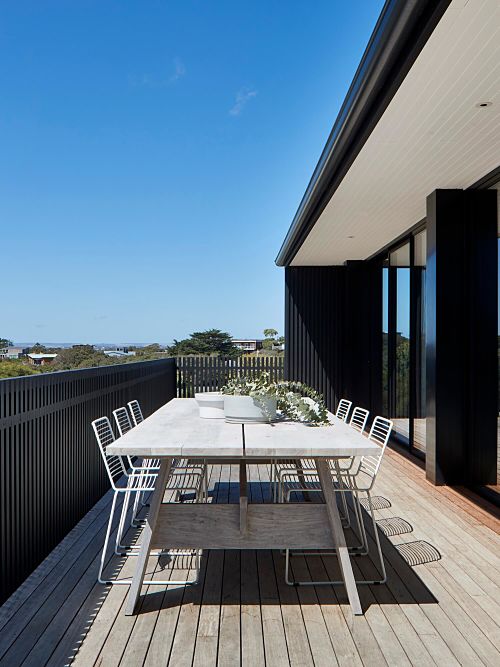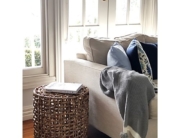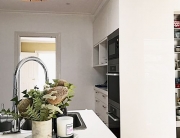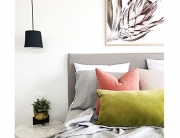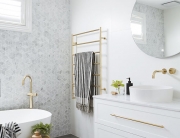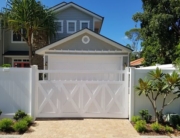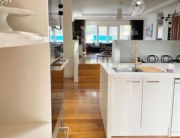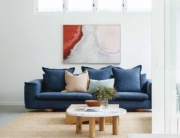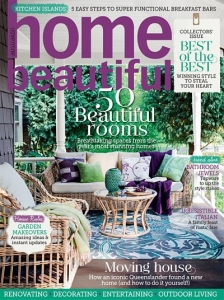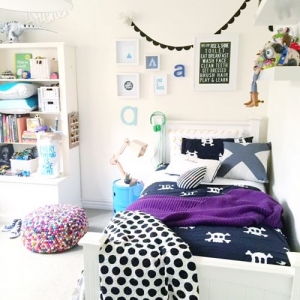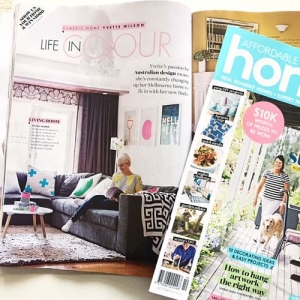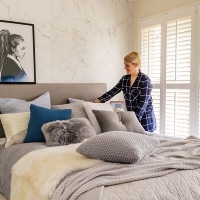Our homes are supposed to be a private haven – a place for us to relax, unwind and feel secure. But for thousands of people who live in busy cities, or who own properties that are overlooked by other houses, this safe-haven can feel a bit like a gold-fish bowl, with anyone and everyone able to look in.
Image Credit: Pexels, Free to Use Licence.
The importance of privacy in our own homes
As the modern world marches at full steam ahead, at times, it can feel as though privacy is somewhat a thing of the past. Our mobile phones seem to know what we are going to buy next, displaying super-targeted advertisements to us on all of our most-used sites. Every website we visit is asking us to accept privacy cookies before we can browse and at a click of a button, our employers can conduct a background check on our past activities. We are living in a world where privacy seems to be getting harder and harder to find. In some cases, it is even associated with criminal activity, where to want privacy must, in some way mean we are hiding something.
The truth is, privacy is about so much more than hiding parts of ourselves; it is about respect and control over what we do or do not want to reveal to those around us. Just because someone chooses to keep something private does not mean that the thing is malicious or illegal, it means that they are not willing to share it.
A world without privacy is not only unsafe but is also detrimental to our wellbeing and mental health, and so it’s essential to try and protect our right to privacy at all costs.
Why is our privacy at home under threat?
Unless you are fortunate enough to live in an area which has yet to be overdeveloped, the chances are that your property is overlooked in one way or another. With the demand for houses increasing, b are being built closer and closer together, with many also backing onto each other, meaning that other people can look down at your property.
If your house faces the road, then passers-by can’t help but look directly into your front room. If you live in an apartment, then the apartment across from you looks straight into your home, and if you live in a property in a densely developed area, then other houses may look down into your garden and your windows from any direction.
Image Credit: Pexels, Free to Use Licence
How to gain a little more privacy if your home is overlooked
The good news is, that although overcrowding may be causing more people to be overlooked, there is an abundance of creative ways to restore some privacy to your home, even in situations where you are severely overlooked. Here are some of our favourites.
Privacy glass
Windows are some of the least private areas of your house, allowing people to look in from the road, or nearby homes. Although you may have curtains or blinds to pull when it goes dark, during the day, you are left on full view of anyone looking in. For bathrooms, road-facing windows or any other glass in your home that is overlooked, one solution is to instal privacy glass or a privacy window film that lets light in. Thanks to modern technology, you can even get your hands on switchable privacy glass that turns from entirely transparent to translucent in an instant using an electrical current. Switchable privacy glass is perfect for areas where you may want full transparency at times and privacy at others.
Blinds and window coverings
If you aren’t able to physically change the glass in your windows, then you can still increase your privacy by installing blinds that enable you to allow light in, while distorting the view of passers-by. Venetian blinds can be adjusted to enable the full sun, partial light, or no light in and can even be fully pulled up for instances where you want an uninterrupted view.
Fences and trellis’
Gardens are an extension of our home, but sadly many are also overlooked. To deter nosey neighbours or to give you a little more privacy from nearby houses, you may want to consider installing a fence, or by planting trees and shrubs that will grow to shield you. Screening plants such as bamboo, Magnolia Grandiflora and Thuja hedging, are an attractive way to put a barrier between yourselves and your neighbours which will remain evergreen all year round. If you feel reluctant to increase the height of your fence, then one option is to install a trellis on top onto which you can grow a climbing plant such as a Jasmine or a Clematis that will provide you with extra protection without making your neighbours feel as though you are intentionally shutting them out.
Sail shades
Sail shades are a great way to provide yourself with privacy from nearby neighbours windows which may look down on your garden. Hoisting a sail shade or two up over your patio or garden area will provide you with protection from overlooking eyes, and the best part is that when you are done with them in the summer months, they can be quickly taken down and stored away until you need them again.
Sound barriers
If you live in a densely built-up residential area, then you may be able to hear every word that your neighbours say, and vice-versa. Feeling as though you can’t speak freely in your garden or continuously having to listen to the conversations of those around you, can be detrimental to your psychological well being. One solution to this problem is to install a fountain or small water feature, which will provide you with some relaxing background noise that will break up the conversations of those around you and make you feel as though you can speak much more freely when using your outdoor space. Plants and shrubs also help to offer some sound protection or on a warmer summer month, playing the radio quietly when you are outside can also help.
Image credit: Pexels, C00 Licence.
Gaining privacy in rented accommodation
Feeling overlooked in a home that you own is one thing because you have the power to make the changes that you want, however, feeling overlooked in rental accommodation can be a little more tricky. The key to making any change to a rental property is to make it temporary, i.e. ensure that it will not cause any damage and that you can return the area to its former state when you move out. If you want to make more permanent changes, such as installing a taller fence or planting new shrubs, then you may need to ask your landlords permission to do so. Here are some examples of things that you can do that shouldn’t cause any damage to your property.
Use window films
You may not be able to install new privacy glass in your rented home, but what you can do is to install a privacy film that will provide you with the same effect. Privacy film can be purchased by the sheet, then cut to fit windows of any size. Simply stick the film to the window that you wish to cover. Some privacy films may leave a slight residue on the glass when you remove them, but this can be removed with some simple household cleaning products when you move out.
Use potted shrubs
If you have a balcony or area of your garden in which you wish to plant or shrubs to give you more privacy, then plant them in pots. By planting in containers, you can quickly move shrubs around, and when you move out, you can also take them with you. Some great pot-friendly privacy plants include Jasmin, Fatsia and Rhododendron but of course, you could also use artificial shrubs if you have a specific look in mind or don’t want to have to deal with the upkeep.
Use twist and fit curtain rods for net curtains
Net curtains are another great way to give yourself privacy from onlookers while allowing natural light to get into your home. As a renter, you are probably not permitted to make any holes in the walls, which will mean that you can hang a proper curtain pole if you don’t already have one installed. Instead, what you can do is to fit a twist and fit rod which you can secure within the window box and from which you can hang your new privacy net curtains.
One last note on privacy in your home
So there you have it, a few simple ways that you can increase the privacy of your home if neighbours or passers-by overlook you. Remember that you never need to apologize for protecting your privacy. Although being overlooked isn’t a problem that some people worry about, it is entirely within your rights to make adjustments to your space so that you feel more secure in your own home.




